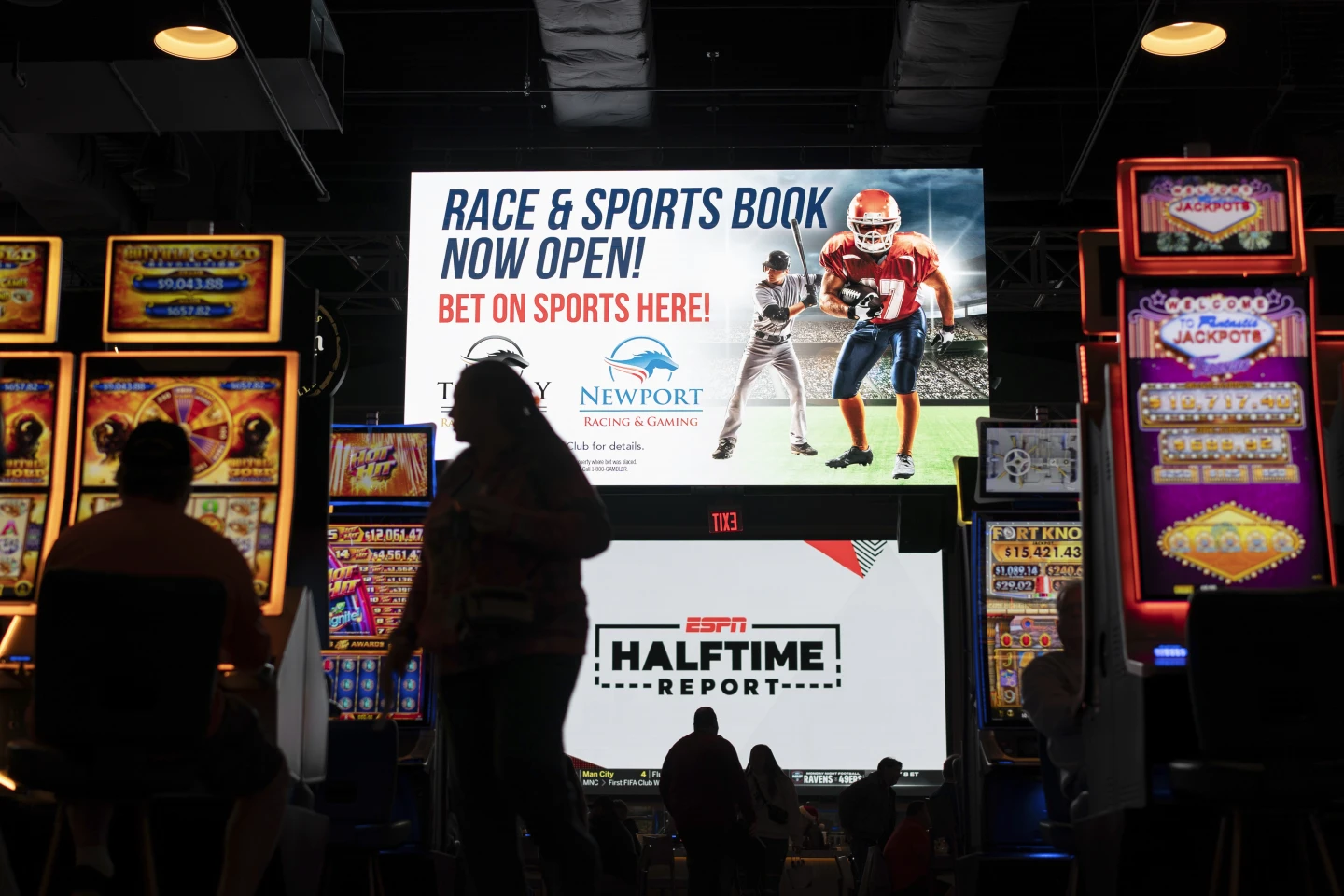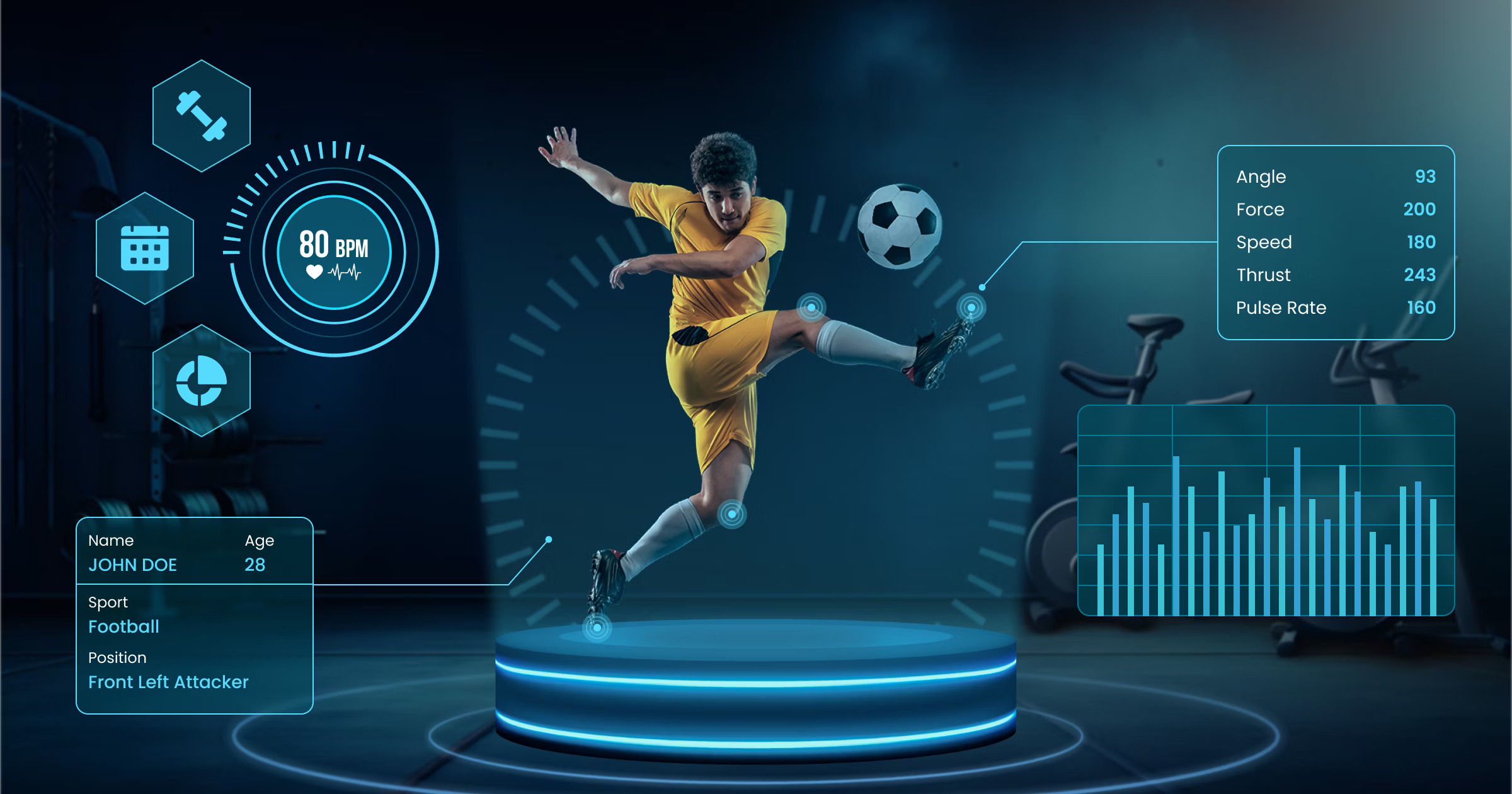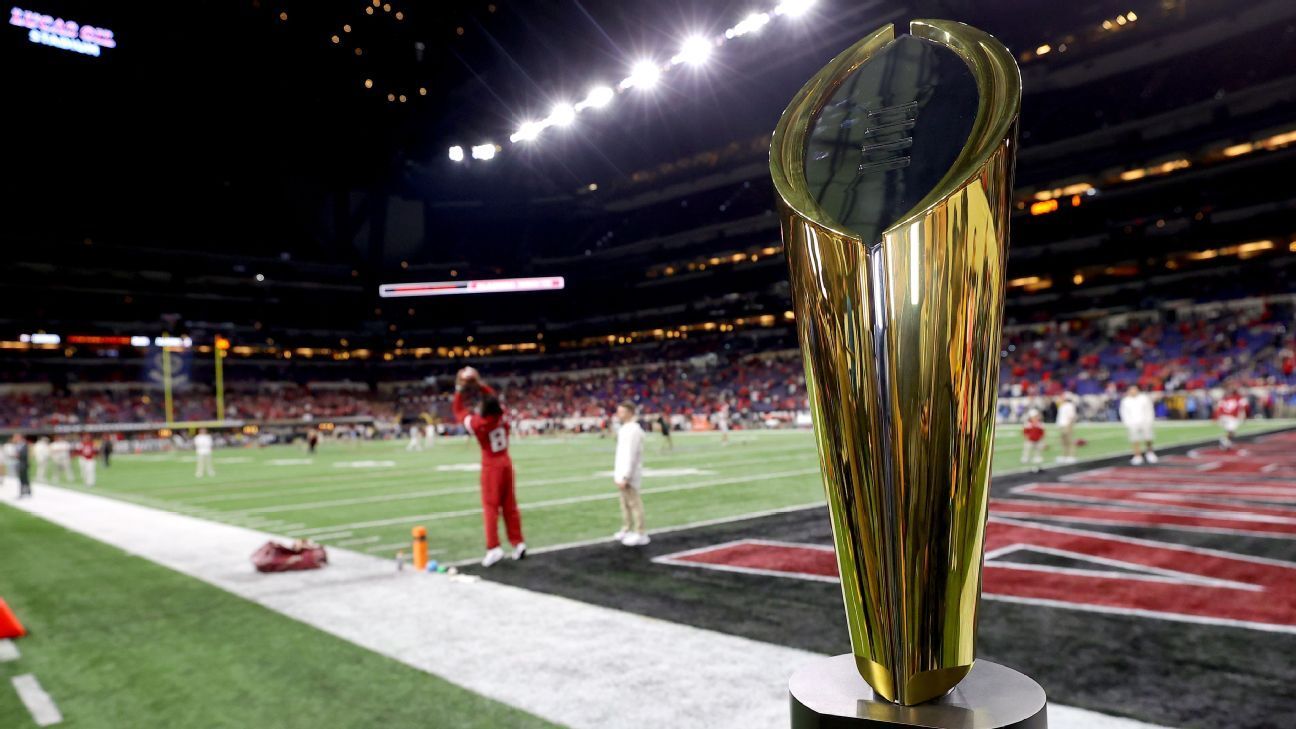The sports industry has undergone significant changes in 2023, driven by technological advancements, new revenue streams, and evolving investment models. The rise of artificial intelligence, sports betting, NIL (Name, Image, and Likeness) deals, and digital media has reshaped the way athletes, teams, and sponsors interact. As 2024 progresses, legal challenges related to these developments are coming to the forefront. From data privacy to intellectual property rights, understanding and managing these legal issues will be crucial for stakeholders across the sports industry.
Expanding Legal Framework for Sports Betting
Since the U.S. Supreme Court overturned PASPA in 2018, sports betting has rapidly expanded across 38 states. This has created a fragmented legal environment, with varying regulations on data rights, integrity fees, and state-specific gambling laws. The rise of mobile betting also introduces new concerns about fraud, consumer protection, and player involvement in sports betting. As this market continues to grow, addressing these issues through comprehensive legal frameworks and consumer protections is becoming increasingly important.

Increased Sponsorship and Naming Rights Deals
2023 saw an explosion in sponsorships and naming rights deals across the sports industry. New venues and entertainment properties are monetizing previously underutilized assets, leading to a surge in the value of these agreements. These transactions now extend beyond stadiums to universities, entertainment districts, and digital platforms. As the demand for such agreements grows, the complexity of these deals increases, requiring legal experts to navigate intricate contractual details and ensure all parties involved comply with the terms.
Institutional Investment in Professional Sports Teams
Sports franchises have become attractive assets for institutional investors, including private equity firms and sovereign wealth funds. As franchise values increase, private equity funds are becoming more involved in minority stake acquisitions, with sovereign wealth funds also entering the market. The trend is further boosted by changes in league rules, such as allowing private equity to acquire minority interests in teams. These institutional investments bring new financial models to the sports industry but also require careful legal oversight to ensure compliance with league regulations.
Artificial Intelligence’s Growing Impact on Sports
Artificial intelligence is transforming how sports teams operate, enhancing player performance, injury prevention, and fan engagement. The NBA’s “NB-AI” assistant and Wimbledon’s AI-driven commentary demonstrate the technology’s potential in personalizing the fan experience. However, AI’s integration into sports raises significant legal questions about data privacy, intellectual property, and the risk of deepfake technology. As teams and leagues implement AI, addressing legal and security concerns will be crucial to avoid potential abuses of the technology.

Opportunities for Athletes with Generative AI
Generative AI opens up new revenue streams for athletes by enabling them to license digital versions of their likeness for endorsement deals, video games, and other marketing opportunities. This technology allows athletes to expand their brand presence while reducing time commitments. However, leveraging AI to commercialize one’s likeness requires proactive legal strategies to ensure that existing contracts accommodate AI-related ventures and protect against misuse. Athletes must also take steps to prevent intellectual property infringement related to their digital likeness.
Ensuring Compliance with Data Privacy Regulations
As sports teams and organizations collect vast amounts of personal data, data privacy has become a major concern. Regulations such as the EU’s GDPR and California’s CCPA impose stringent requirements on data handling practices. With the increasing use of biometric data, AI-enabled facial recognition, and other technologies, privacy issues are more complex than ever. Legal compliance is crucial, and teams must review contracts and data collection methods to avoid regulatory penalties and ensure consumer trust in their data handling practices.
Changes in College Football Playoff Structure
The NCAA College Football Playoff will expand to 12 teams in the 2024-2025 season, marking a significant shift in how the postseason is structured. In addition, several college conferences are realigning, which raises legal concerns around broadcast rights, contractual negotiations, and revenue sharing. These changes will require careful legal planning and management to ensure that all parties involved are adequately protected and that new agreements align with the growing demand for college football content.

Protecting Publicity Rights in the Digital Age
The rise of AI and deepfake technologies poses new risks for athletes’ publicity rights, as their likenesses can now be easily replicated without consent. While over 30 states offer some form of protection for athletes’ publicity rights, federal legislation such as the “NO FAKES Act” and the “No AI FRAUD Act” aims to create a more unified approach. These proposed laws would give athletes legal recourse against unauthorized use of their image, voice, or likeness in digital formats, offering more robust protections in an increasingly digital world.
Shifting Media Rights and the Streaming Era
The increasing popularity of streaming services is reshaping the sports media rights market. As traditional broadcast models give way to digital platforms, leagues and teams are seeking new partnerships to capitalize on the changing media consumption patterns. In 2023, the bankruptcy of Diamond Sports Group highlighted the fragility of traditional sports media business models. As streaming services continue to dominate, sports leagues will need to carefully consider how they distribute media rights to optimize revenue from this new, fragmented media environment.
Legal Considerations in NIL (Name, Image, and Likeness) Deals
The rise of NIL deals for college athletes has brought about legal challenges due to the lack of federal regulation. The NCAA’s new rules aim to standardize NIL compensation and increase transparency, but the state-by-state approach complicates matters. With NIL rights continuing to evolve, athletes and universities must stay abreast of new laws and regulations to ensure they’re compliant. Clear disclosure requirements and standardized contracts will help navigate this complex legal area and protect both the athletes and educational institutions involved.

Legal Challenges in Integrating Technology in Sports
As the sports industry increasingly relies on new technologies, from AI and digital media to betting platforms, legal issues are bound to arise. Intellectual property, data privacy, and security concerns must be addressed to ensure compliance with evolving regulations. Teams and leagues must stay informed about emerging legal trends and proactively adapt to changes. As these technologies continue to disrupt the industry, stakeholders will need a solid understanding of the legal complexities to avoid potential risks and capitalize on the benefits they offer.
The sports industry is experiencing rapid change, driven by technological innovations, new revenue opportunities, and evolving legal frameworks. Issues like NIL deals, sports betting, AI, and data privacy are becoming increasingly important, and stakeholders must take a proactive approach to address the legal challenges they bring. By staying informed and adaptable, athletes, teams, and sponsors can capitalize on these emerging trends while managing risks and ensuring compliance in a fast-changing environment.
